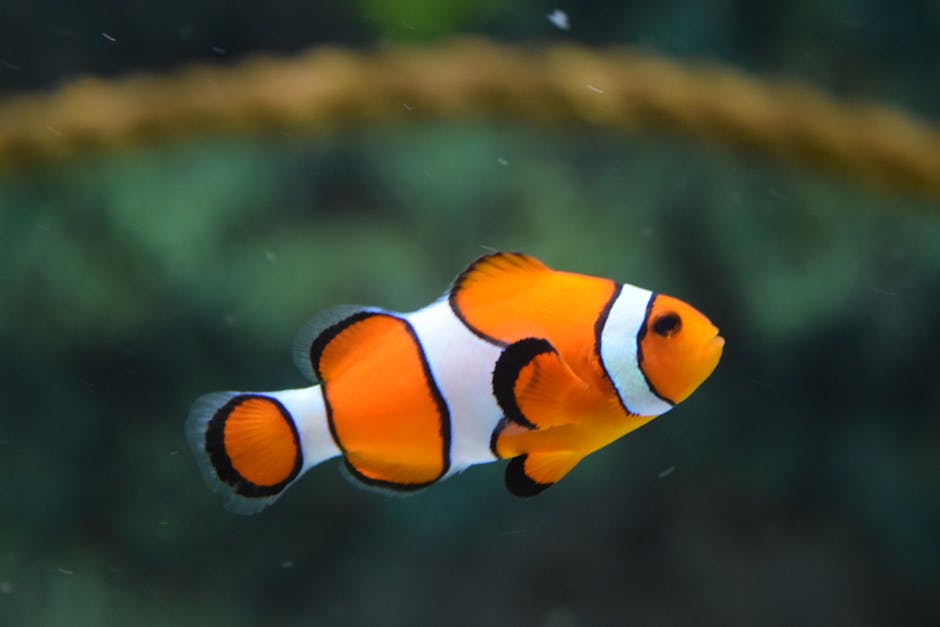Can I Compost Fish?
Fish can be composted, but requires careful handling due to odor and potential pathogen risks.


Sourced & Cited
Adding fish scraps to your compost pile can be a great way to recycle food waste and enrich your soil, but it's crucial to do it safely. Fish decompose quickly, releasing nitrogen, but also attract pests and unpleasant odors if not managed correctly. Hot composting is highly recommended.
Compost Classification
Green (Nitrogen-rich): Fish are high in moisture and nitrogen, making them decompose rapidly and contribute significantly to the nitrogen content in a compost pile. Their high moisture content can also increase the overall moisture level of the pile.
🌱 Key Nutrients
This item contributes the following nutrients to your compost:
Nitrogen (N)
🏷️ Tags
Important characteristics to know about this item:
Breaks Down Quickly Use in Moderation Pest Attraction Risk Odor Risk Adds Key Nutrients
⚠️ Potential Risks
- Attracting pests such as rodents and flies
- Producing strong, unpleasant odors during decomposition
- Potential for spreading pathogens if not properly composted at high temperatures
- Decomposition may be slow or incomplete in cold compost piles
💡 Best Practices
- Chop fish into small pieces (less than 1 inch) to speed up decomposition.
- Bury fish scraps deep within the compost pile, away from the surface, to minimize odor and pest attraction.
- Use a hot composting method, maintaining temperatures above 130°F (54°C) to kill pathogens.
- Mix fish scraps thoroughly with brown materials like dried leaves or sawdust to balance the carbon-nitrogen ratio.
- Monitor the compost pile regularly for odors and pest activity. Adjust your composting strategy if needed.
- Do NOT use the resulting compost on food crops.
